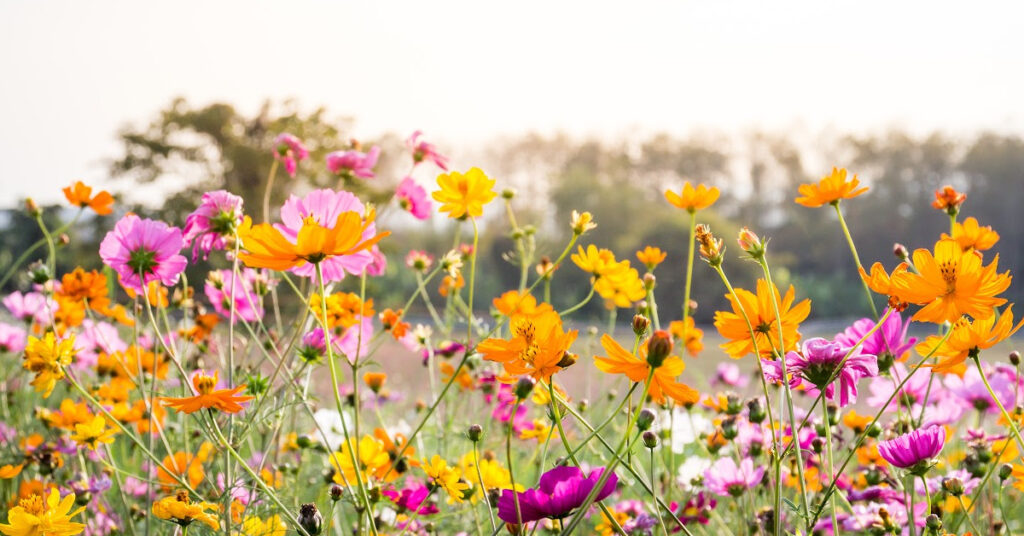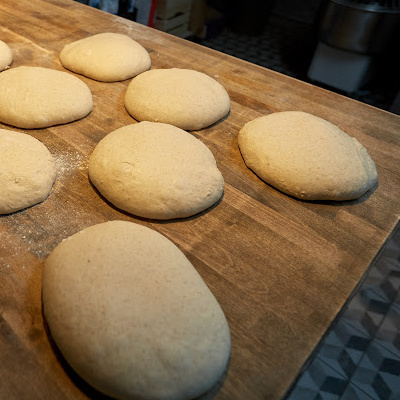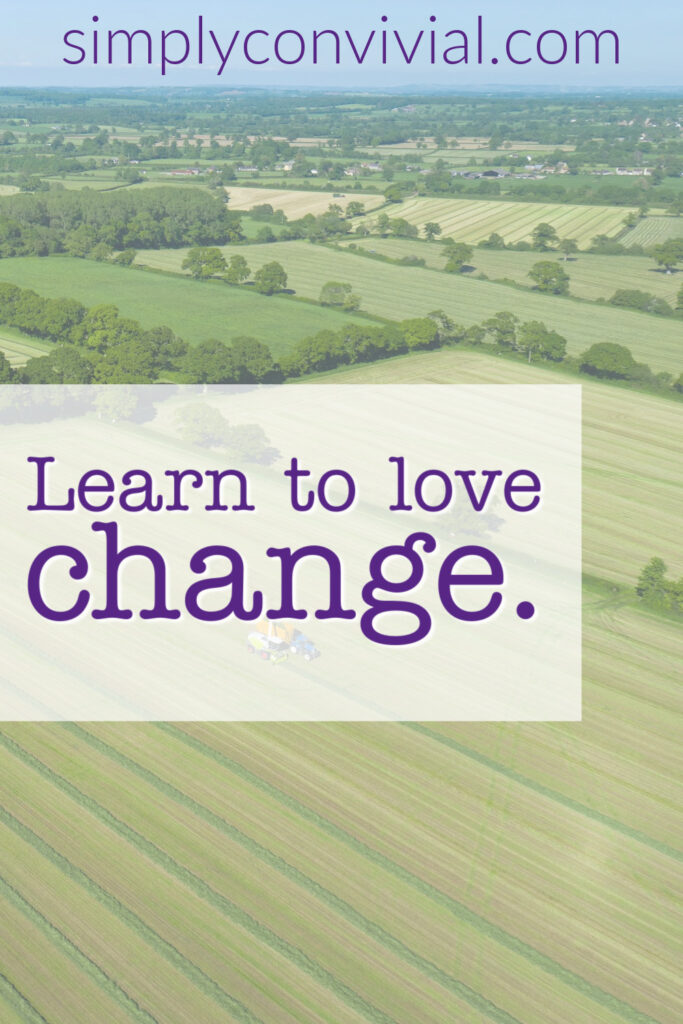
Or, kingdom adventures at home.
Last week, I was walking and contemplating life, musing that it’s not just life that changes, but people also change. Neither are actually necessarily bad. Change is a part of life – life as in the opposite of death.
As I was walking, one side of the sidewalk was full of shrubs. Some of the shrubbery is all gangly, a mass of twigs just starting to show buds. Other parts are bare sticks – no twigs, no leaves, no greenery, no movement – just dead branches sticking out, crying out to be pruned off to make room for the new growth.
Status-quo is not a goal
A plant that does not change is dead. Where there is life, there is growth, which is change. Certainly not all change indicates growth. There was a time in the shrub’s life that the now-dead branches had leaves and growth. Yet, growth does necessitate change.
Status-quo does not seem to be a value in the created order – which includes humans and human society. Now, sometimes humans value status-quo, but such seems to be in opposition to both nature and nature’s Creator, who didn’t design the world to operate with status quo.
Sure, there’s a lot of repetition – but that’s not the same thing as status quo.
We should notice change.
Maybe it’s because I just published a book wherein I drudged up my old-self stories from 10 and 20 years ago. In a way, I even surprised myself as I looked back. I am the same person, but I have also actually changed. There were things back then that I wanted to change and worked to change, but I had almost forgotten that I had changed.
I tend to notice what I am struggling with and how what I am working on now is a variation of my same old character flaws. But as I look back instead of seeing same-old, same-old struggles, I can see a development of struggle that is encouraging.
Isn’t that a marvelous thing? Yes, we need to be sanctified. We need to notice and address our temptations and sins. Yet, we also need to do so not with guilt and fear but with gratitude and rejoicing, because it is God who is working in us both to will and to do for his good pleasure.
How do we apply ourselves to sanctification with gratitude? By remembering past sanctification. By noticing progress and rejoicing in it.
Imagine yourself twenty years from now. You will not be perfect. You will still have sin you struggle with. However, by God’s grace it will not be the exact same sin.
Someone who is a gossip at thirty and still a gossip at forty is probably not even trying. Besetting sins are not identities, not life sentences. Where there is life in the Spirit there is growth and maturity and increasing holiness – by definition.
Grow old, learning.
So I was thinking all this on my walk and then later that week, reading my Calvin assignment alongside my high schooler, my thoughts were confirmed:
“An eminent man boasted that he grew old, learning. We are therefore thrice miserable Christians if we grow old without advancement, for our faith ought to progress through all stages of our life until it grows to full manhood (Eph. 4:13).” John Calvin, Institutes of the Christian Religion IV.14, p. 1283
(PS – the “eminent man” Calvin is favorably quoting is Cicero. He’s admonishing Christians to not be worse than the general wisdom of ancient pagans. We should be more wise, more learned, more eminent, more mature and ‘growing old, learning’ than those without the Spirit, not less.)
Sanctification is not abstract. Sanctification is real increase of holiness. Yes, it is the Holy Spirit’s work within us, but the effort and agency is our own. We do work. We do change. God gets the glory. It is His increase.
Are we refusing to do the work because we don’t get the credit? If God gets the credit, let Him zap me against my will? Such is not the response of faith or belief.
Are we refusing to do the work because we fear change? Are we anxious, more ready to identify with sin than with Scripture? We can repent even of fear and anxiety and be cleansed from it. We have all we need for life – that is, change – and holiness in Christ. Repent, believe, and obey – that is the call of Jesus’ Great Commission. We can’t spread it to the nations without taking it on ourselves.
The gospel changes everything.
Then, a few days later, I also came across the idea of growth in personal and corporate lives in John Frame’s Systematic Theology:
“Scripture speaks of only one kingdom of God. That kingdom is the historical program of God coming to overcome his enemies, to redeem his people, and to bring his lordship to bear on all areas of created reality.” (P. 97)
“The kingdom is already and not yet, but also growing through the world, like grain sown in a field, a mustard seed growing into a large tree, yeast growing throughout bread, as Jesus’ disciples apply to their lives all the things that Jesus taught…The growth of the kingdom, its expansion, is a present reality. That growth is given by God’s sovereign grace, through the work of believers as they obey Jesus’ Great Commission.” (P. 96)
“The kingdom begins in Jesus himself and in the working of the Spirit, bringing people to acknowledge him as King….God’s intention is that believers will not keep the kingdom to themselves, but will bring it into all spheres of human life: Paul says ‘Whether you eat or drink, or whatever you do, do all to the glory of God.’ As believers take their faith into their workplaces and culture, the take the kingdom with them….We must continue to seek the kingdom of God every day as Jesus has commended, and we should expect to see the results in divine blessing.” (p. 99)
Theology comes out our fingertips and what comes out our fingertips is our theology, as yet another eminent theologian has said.
As wives and mothers, our homes and home relationships are where our lives land, whom our lives affect. God designed it this way – and He designed it that we are to grow and change, not preserve status quo.
When our kids grow and leave, when we change how we parent and how we keep house with our second or third set of children, we can be tempted to mourn and regret. If only we had known when our oldest were little! We didn’t get them then the better approach we now have.
Love the adventure.
But this also isn’t our work. Growth and change is a part of God’s plan, and God’s grace is what is at work both in us then, in us now, and in our children also.
We are responsible to obey in the faith we have attained – God blesses that with joy and with more faith to obey more and more the older we get, the longer we live. The divine blessing Frame speaks of isn’t us manipulating God, as though if we didn’t do it “right” back then, our kids have no hope. No!
The divine blessing is God pouring the rain and sunshine and nutrients on a very imperfectly sown field. We reap what we sow, but through Christ God blesses the harvest – so that the credit is His, not ours.
We won’t get the same results now doing the exact same thing now as we did then because God’s given us more and therefore asks more. Yet He’s also still the one at work, blessing the harvest beyond what we hope or imagine.
Change, in God’s hands, is necessary and good.
We don’t need to be the perfect parent now for our children. We don’t need to be the perfect housekeeper now for our husband or for hospitality. We just need to offer what we have in truth, in faith, in obedience, knowing God is the One who gives the increase – and not being afraid of that increase as it comes with greater responsibilities and more challenges and more awareness of sin to deal with.
God calls us to kingdom adventure, not kingdom algebra equations where all we need to do is discover and plug in the one unknown and then it all works forever and all time.
We’re on an episodic yet also plotted and pieced adventure of growth, change, obedience, and joy.
“What’s next?” with eager expectation, should always be our trusting question we ask our Lord.



